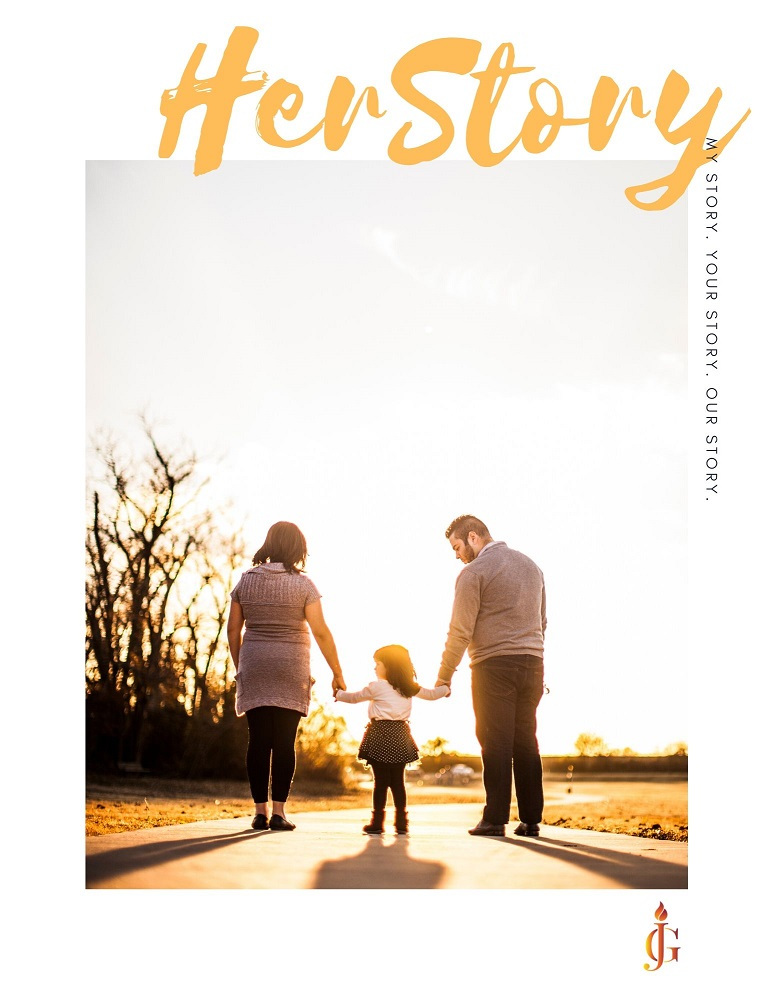20 May Fresh Starts

PERC, People Empowering and Restoring Communities, is a nonprofit in Pinellas County, Fla., that works with men and women transitioning from incarceration back into society. PERC provides transitional housing, case management, outpatient substance abuse treatment, group counseling, paid workforce training, pre-employment skills development and employment assistance services with the goal of helping the offender become and stay an ex-offender, reunite with family and reintegrate into the community.
In 2019, 32 percent of PERC’s clients were women—a number that been trending up over the last 10 years. Female clients generally face some additional challenges, including a history of trauma, a higher likelihood of sexual physical violence, mental illness, substance use or abuse and being the primary caregiver of minor children. Sandy Nedd, PERC’s Clinical Director, explained some of these increased ongoing stressors for female offenders: “They tend to need more social services than males. Especially for single mothers, there’s a need daycare, medical and financial assistance, learning effective parenting skills, and more. All of these factors add stress.”
“When we help someone—male or female—stay out of jail, get them tools to get a job and stay in the community, we strengthen families and make communities safer,” explains CEO/Executive Director Michael Jalazo. “If we focus on that why, our mission and vision come from that.”
PERC’s vision is community empowerment through accountable collaboration, rehabilitation, advocacy, and innovation.
Innovative is certainly a word for PERC. What started as a community coalition of multiple agencies grew into a contract- and grant-based independent nonprofit organization. Under Michael’s leadership the organization has organically added social enterprise elements that help it holistically meet client’s needs while also supporting the mission—and funding expansions or programs and services.
“Being a nonprofit does not mean you’re in business to lose money,” he says. “It’s what you do with the profit that’s different: our profits are allocated to programs and clients. PERC is still pursuing grants and contracts, but we said, ‘Let’s look at successful for-profit businesses, and do it as a nonprofit.’”
PERC already operated the Second Chance Tiny Homes program, providing clients with paid on-the-job training while completing carpentry and OSHA certifications that equip them to enter careers in the building construction industry, plus interview preparation and job placement assistance with local employers.
Just before the pandemic hit, PERC was finalizing plans to operate pharmacies, which would make a passion project possible: a needle exchange program in Pinellas County.
“We’re an outpatient substance abuse provider because so many of our clients deal with substance abuse issues,” Michael says. “We’ve offered that for almost 10 years.” Noting that for the third year in a row, Florida has led the nation in new HIV/AIDS cases and the highest growth rate is IV drug users, he says, “These are our clients, the people we serve. If we can have them exchange needles and get the chance to talk to them about treatment, it’s a win-win.”
PERC pharmacies would be able to distribute the needles for free. The pharmacy’s operations would pay for the program and any additional profits would be invested into other programs. “When COVID-19 hit,” Michael says, “We were just about to get a local ordinance passed to do it. And the world went crazy.”
While the pharmacies and needle exchange program might be on hold at the moment, Michael and his team have begun to pivot another of their social enterprises: A manufacturing plant offering advanced manufacturing apprenticeships—and incredible career prospects–to ex-offenders who would be trained and skilled in operating 3-D printers.
“We were in the process of designing the program,” Michael explains. “We had some ideas what we might manufacture, but weren’t too far down the road. And then COVID-19 hit. We found open course designs for N95 face masks.”
The newly determined course of action will provide paid on-the-job training and industry recognized certifications for individuals, workforce development for the community—and crucial personal protection equipment for frontline heroes in healthcare and human services. Michael and his team are working on a contract with a certain motorcycle brand to create custom masks for riding enthusiasts. Sales of these products would support the program: “Men and women will get trained and move on to other manufacturers in Tampa Bay,” he says—and get back to living, working and contributing to our vibrant community.
For more HERStory information, check out our Facebook Page and LinkedIn Page and subscribe to our newsletter below.
We want to hear your story. Your story is my story. Help us empower other women by sharing your story.

No Comments